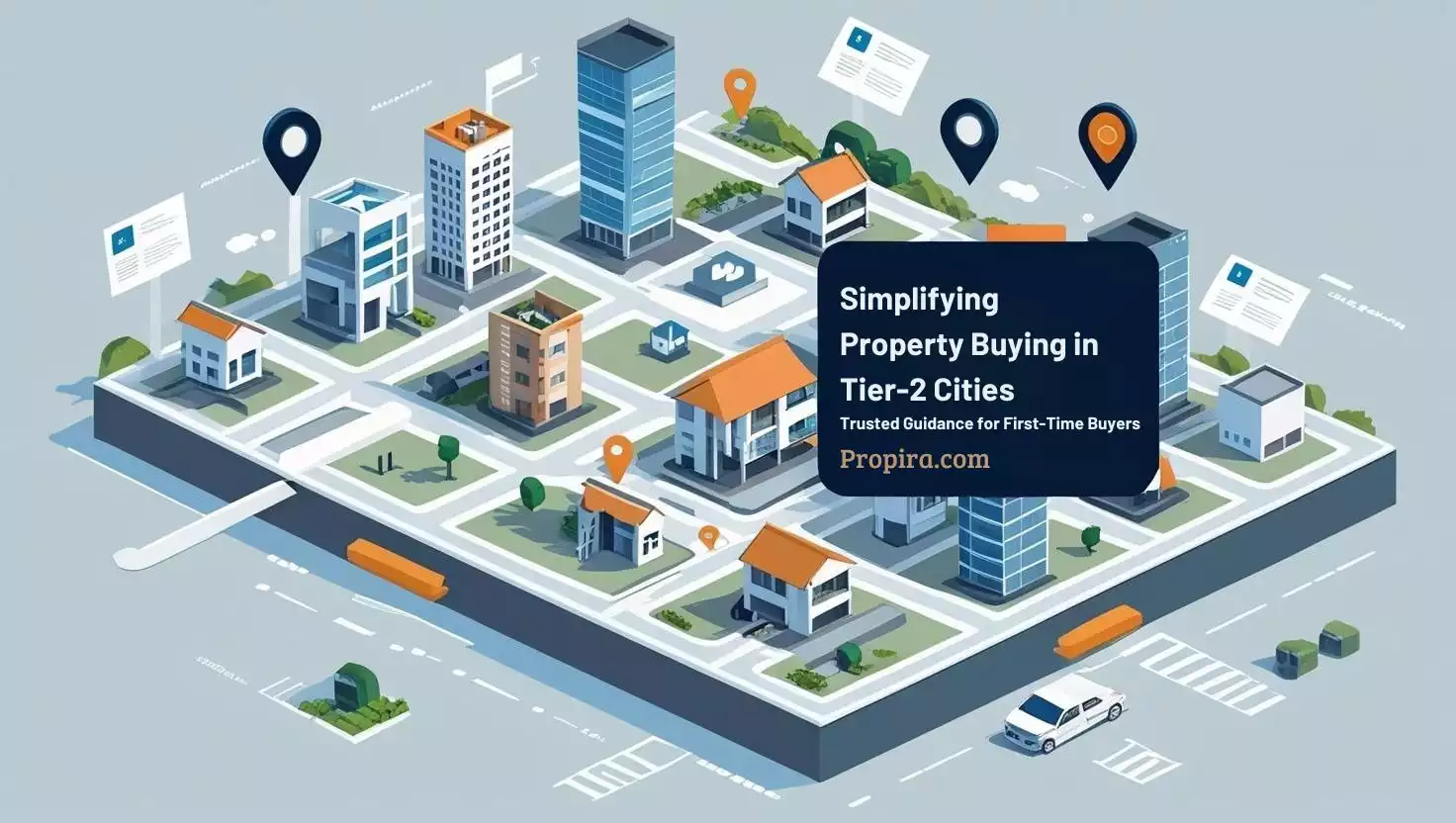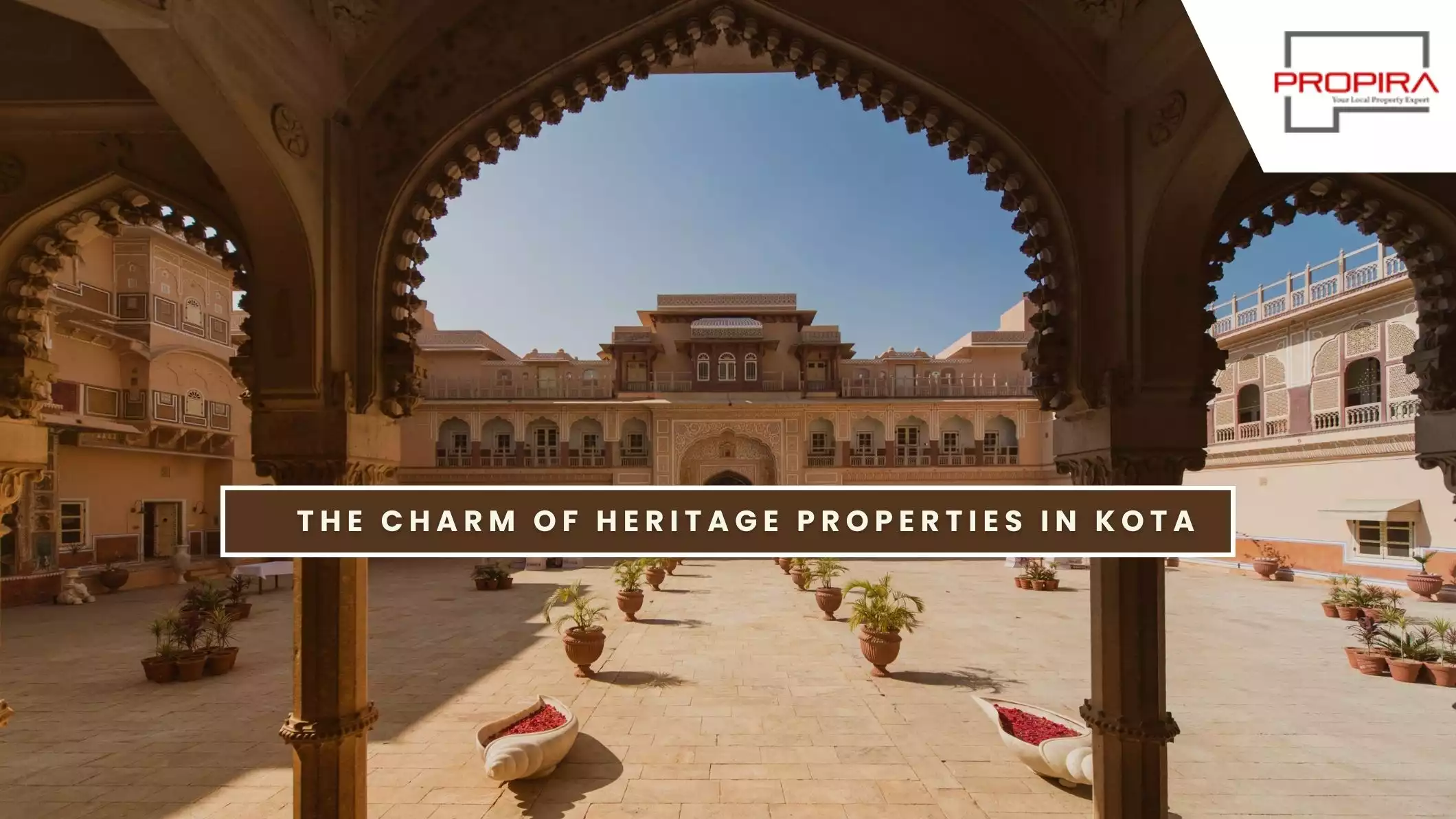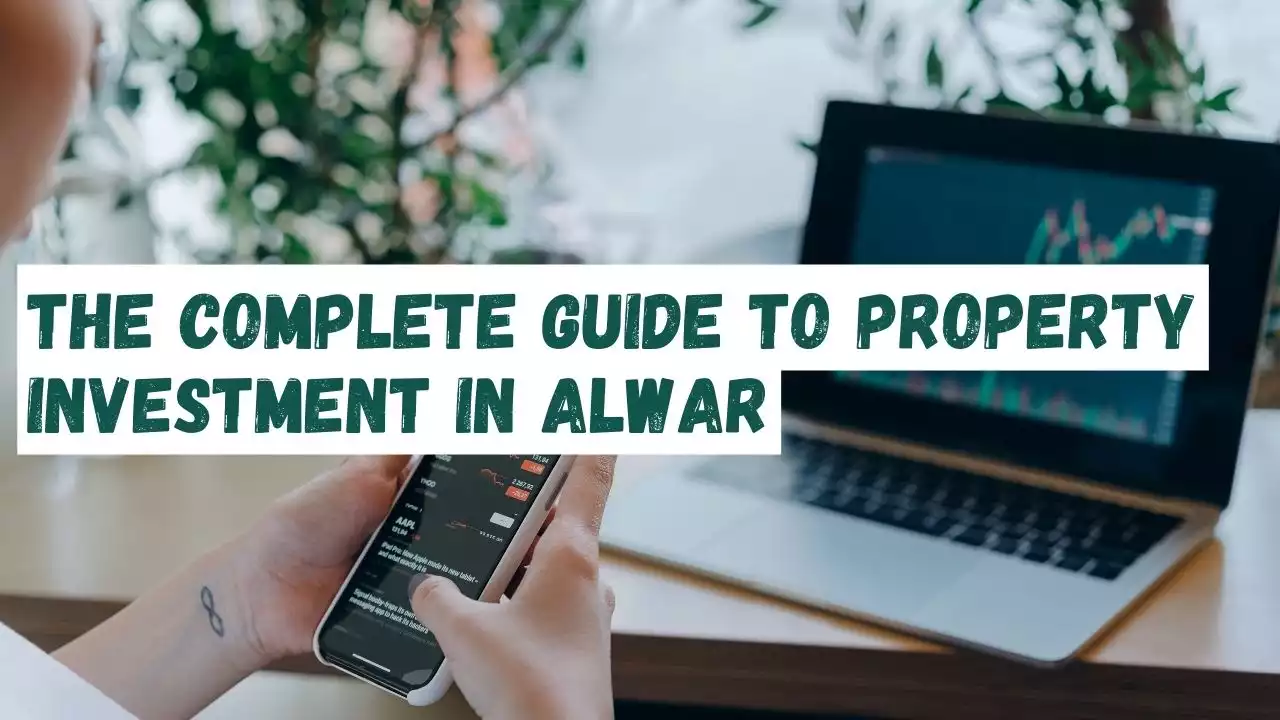
What should you know about the property agreement?
What should you know about the property agreement?

While buying or renting a house or apartment there are various formats of agreement that parties have to enter into. These legal agreements are enforceable and the parties are bound by the agreements to comply with their duties. In major cities, the agreements are seen as the only way two parties would get into a property based relationship with each other. Property agreements are the core of any transaction between the parties as without these agreements no valid legal transaction is accepted. In most cases, buyers consult brokers for help to look for a house, and sellers approach brokers to either sell their house or put it on rent. These brokers comply with all the legal formalities and from getting the agreements drafted to the various other necessities required to make the transaction legally enforceable and valid.
Here are a few points on what you should know about property agreements
Firstly different natures of transactions require different types of agreements. If a property is to be sold, the property owner along with the potential buyer enters into a sale deed. Before the sale deed, there is a memorandum of understanding which is entered into between the parties to clarify that the intention for the sale, the cost at which the property is intended to be sold with the proper amount mentioned along with the conditions that are to be clarified. A sale deed is entered into by the parties for the purchase of an agreement. This sale deed is a legal document that needs to be registered with the sub-registrar office. It contains the terms and conditions of the sale along with the details of the property and the amount to be paid. It contains details of any encumbrances if any on the property and is one of the most important documents in a sale transaction.
- Lease deed - A lease deed is created when a property is leased out or rented for more than a year. A lease deed is usually created between parties for seeking better clarity and for keeping the terms and conditions ready for reference to the leasing. the parties must mention the following things in the lease deed-:
- The details of the parties personal and residential.
- The property description
- Any amenities or essentials to be leased with the property
- The amount of lease and conditions on how and when to pay
- Termination clause and the conditions that determine in which circumstances the lease agreement stands violated or terminated.
- Role and rights of each party
- Leave and license - Another property agreement similar to a lease deed, this agreement permits a party a right to occupy the property of the lessor. This agreement must contain the basic details of the parties along with the details of the property and the terms and conditions to be complied with
- Mortgage deeds - These deeds are executed when a loan or certain funds are given to a party in exchange for giving an existing property of the borrower as security. Mortgage deeds can be executed between two individuals but also between a bank and an individual loan taker. There are various types of mortgage deeds, for example, equitable mortgage deed. These deeds need intensive research into the parties’ history and the details of the property put up as security. This is because many times people scam other individuals by mortgaging their property and reselling it to another third party who is unaware of such mortgaging.
- Development agreements - These agreements are widely executed between the owner of the land or property and the developer or builder. These agreements compulsorily need to be registered and these agreements must have minute details of construction along with completion date ready.










Write Comment